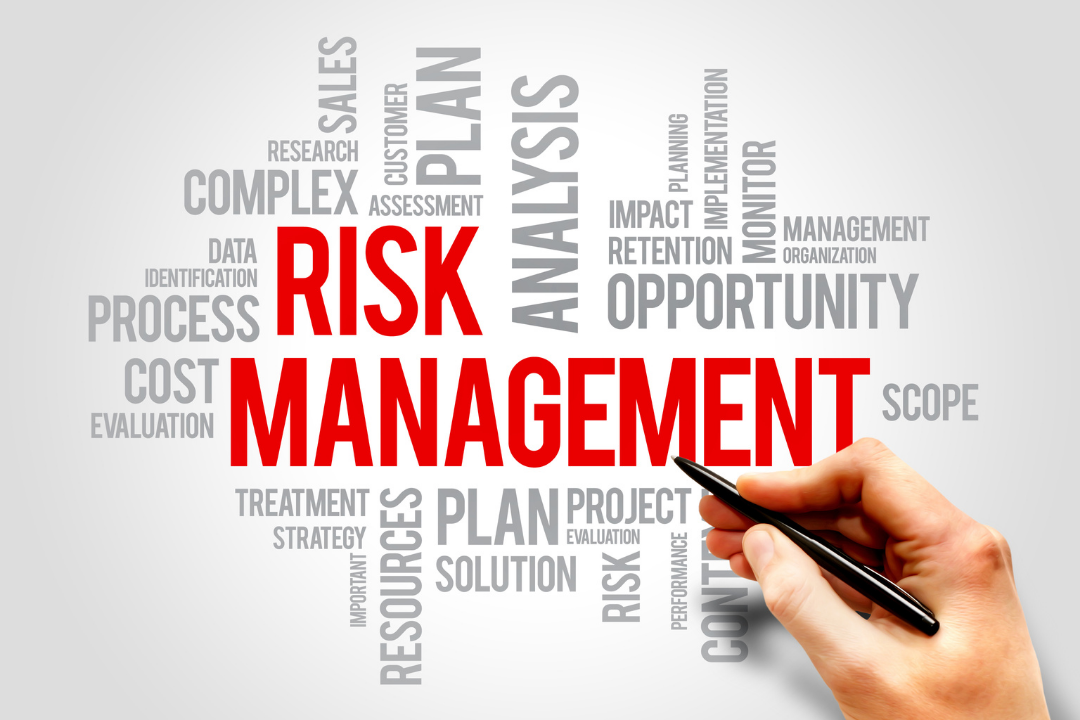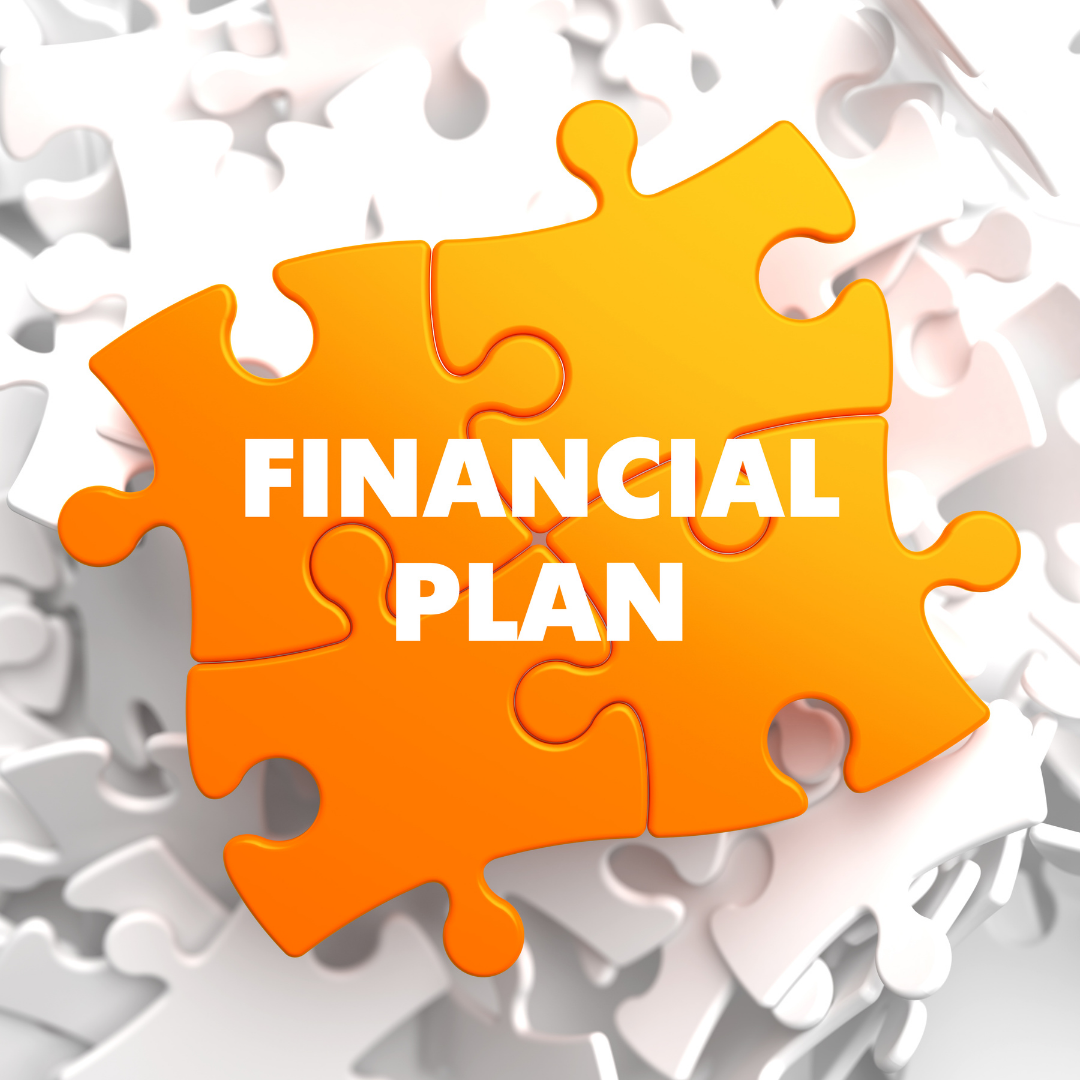
Financial advisors love their universal rules. Keep three to six months of expenses
in cash, they say. Simple, easy to understand, and potentially incorrect as it may leave you short of
funds.
The standard emergency fund formula has a blind spot the size of a mortgage payment. It
completely ignores the cash demands of your investment portfolio.
Determining how much money to
keep in your emergency fund isn't as straightforward as financial experts suggest. While the
traditional advice of saving 3-6 months of expenses sounds reasonable, this emergency fund size
calculator approach often falls short for investors and property owners worldwide.
Most people
struggle with even basic emergency coverage. Studies show that a significant portion of the population
has no emergency fund whatsoever. Yet those who do follow the conventional wisdom often discover their
carefully calculated cushion evaporates the moment their investment property needs repairs.
Here's what the textbooks don't tell you. You can't use assets for
day-to-day purchases. You can't use assets to buy goods or services.
Your investment
property doesn't care that you've calculated three months of household expenses. When the
tenant leaves unexpectedly, when the hot water system fails, when the carpet needs replacing, cash
becomes king.
Investment properties may require emergency repairs multiple times per year, with
costs ranging from $1,500 to $5,000 per incident. That's not lifestyle inflation or poor planning.
That's the reality of owning assets that generate income.
Every investment has expenses and
risks attached. Those expenses differ depending on the investment and the risk eventuating.

A better formula emerges when you account for investment realities. Three to six
months of personal expenses, plus a rough estimate of what you'd require for investment
expenses.
This isn't about being conservative or pessimistic. It's about being
realistic.
For property investors, this means allocating funds to cover rent during vacancy
periods. The duration depends on your local market, property type, and tenant demand. In some areas,
that's two weeks. In others, it's three months.
The calculation should be personal. A
software professional with a stable salary and one investment property needs different cash reserves
than a consultant with variable income and multiple properties.

Here's where it gets uncomfortable. Cash loses value every day it sits in your
account.
With inflation rates around 3-4 percent globally in recent years, Your emergency fund's
purchasing power decreased by the same amount. The money you're holding for security is quietly
becoming less secure.
This creates a genuine dilemma. Hold too little cash, and you're
forced to liquidate investments at inopportune times. Hold too much, and inflation erodes your wealth
while you sleep.
The solution isn't to abandon cash reserves. It's to calculate them
with precision rather than following generic rules.

The Where Does My Money Go web app transforms how you approach cash management.
Instead of guessing at expenses, you can track actual patterns with precision.
Our app
categorises your income and expenses to reveal your real cash flow cycles. You'll see exactly when
your property expenses cluster, how long vacancies typically last, and what your actual monthly burn
rate looks like.
This data-driven approach replaces emotional decision-making with factual
analysis. You stop holding cash based on fear and start holding it based on evidence from your own
financial patterns.

Smart cash management starts with risk assessment. Each investment carries specific
expense risks that require different cash allocations.
Property investors face tenant turnover,
maintenance emergencies, and vacancy periods. Share investors might need cash for margin calls or to
capitalise on market opportunities. Business owners require cash for seasonal fluctuations and
unexpected operational costs.
The framework becomes: personal expenses plus investment-specific
risks plus opportunity reserves.
It would be prudent to allocate funds based on the likelihood
and cost of each scenario. A property in a high-demand area might need two weeks of vacancy coverage. A
property in a declining market might need three months.

Here's where smart reserve management gets sophisticated. You don't need
to hold everything in cash.
The key is matching your reserve type to expense probability. Use
cash reserves for the more likely expenses. Use credit reserves for the less likely ones. Property
maintenance and short vacancy periods? Cash reserves. These happen regularly and predictably. Major
structural repairs or extended vacancy periods? Credit reserves. These are possible but less
frequent.
The critical detail most people miss: credit reserves must be arranged in advance. You
cannot wait for the incident to occur. Banks don't approve credit applications when you're
facing an emergency. They approve them when your finances look stable and your income is secure. This
means establishing a line of credit or offset facility before you need it. Think of it as financial
insurance that costs nothing until activated.
The balance becomes strategic. Hold enough cash for
probable expenses. Have enough credit access for improbable but expensive scenarios. A property investor
might hold $10,000 in cash for routine maintenance and tenant turnover, plus a $50,000 line of credit
for major repairs or extended vacancies.
This approach minimises the inflation drag on your
reserves while maintaining access to funds for any scenario.
The best cash strategy adapts to your changing circumstances. As your investment
portfolio grows, your cash requirements evolve. As your income stabilises, your personal expense buffer
might shrink.
Regular reviews matter more than perfect initial calculations. Your cash needs at
30 with one property differ dramatically from your needs at 45 with three properties and established
income streams.
The goal isn't to hold the perfect amount of cash. It's to hold the
right amount for your specific situation at this specific time.

Start with your current monthly expenses. Add investment-specific costs based on
your actual portfolio. Factor in your income stability and risk tolerance.
If you own rental
property, calculate potential vacancy periods based on local market conditions. If you're
self-employed, consider seasonal income variations. If you're approaching retirement, factor in
reduced flexibility to earn replacement income.
The resulting number will likely exceed the
traditional three-to-six-month rule. That's not overcautiousness. That's acknowledging the
full scope of your financial obligations.
Your emergency fund should provide genuine security,
not false confidence based on incomplete calculations.
The standard advice fails because it
treats everyone identically. Your cash needs are as unique as your investment strategy, income sources,
and life circumstances.
The Where Does My Money Go web app gives you the tools to calculate
precisely rather than guess broadly. Take control of your finances with the clarity and confidence to
optimise your cash reserves based on your actual spending patterns.